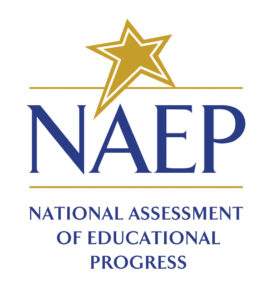By Dale Chu
 In a breaking but not altogether surprising move, the National Center for Education Statistics (NCES) just announced their plan to delay the biennial NAEP assessment of reading and math. According to James Woodworth, NCES’s commissioner, there are not enough students physically attending school to allow for a valid and reliable administration next year.
In a breaking but not altogether surprising move, the National Center for Education Statistics (NCES) just announced their plan to delay the biennial NAEP assessment of reading and math. According to James Woodworth, NCES’s commissioner, there are not enough students physically attending school to allow for a valid and reliable administration next year.
This delay is worrisome because it creates a two-year data hole (the last NAEP was given in 2019). To be sure, NCES attempts to put a positive spin on the delay, arguing that moving the NAEP to early 2022 “will reduce the burden this year on schools, allowing time for the states to conduct their own state assessments this spring.” But therein lies the rub: this move by the feds will undoubtedly provide additional fodder to states already looking to forego annual testing once again. With a new education secretary soon coming on board, it seems even more likely that he or she will be pressed to waive state assessments upon assuming office.
The upshot is that states won’t have solid information about the extent of any COVID learning loss, a gap that will disproportionately affect students living in the nation’s most marginalized communities. If there’s anything resembling a silver lining here, it’s that the potential arrival of a vaccine provides a light at the end of the tunnel and could mean a somewhat normal 2021-22 school year. If that’s the case, let’s hope states that end up canceling testing next spring see fit to move their assessments instead to fall 2021 so that they can calculate achievement and growth.
